Were you aware that the regulations over medical student participation in documentation changed on March 5, 2018? Recently, there was a significant policy change by CMS in the documentation requirements provided by the medical students that you are mentoring in clinic.
Shared Services – Truth In Billing
As consultants in the healthcare industry, we are asked all kinds of questions on a daily basis. Yet, if I were to add up the number of times clients ask about shared services, it would likely be on the top of the list. Shared services seem like an easy concept, two providers’ participation in the care of a patient, right? Well, almost right.
Knowing the Story for Prolonged Services
CMS Reopens Medicare Appeals Settlements
Tweaks and Changes Coming to the Two Midnight Rule
OIG 2016 Sleep Disorder Clinics and High Use of Sleep-testing Procedures
The OIG states “We will examine Medicare payments to physicians, hospital outpatient departments, and independent diagnostic testing facilities for sleep-testing procedures to assess the appropriateness of Medicare payments for high-use sleep-testing procedures and determine whether they were in accordance with Medicare requirements. An OIG analysis of CY 2010 Medicare payments for Current Procedural Terminology codes 95810 and 95811, which totaled approximately $415 million, showed high utilization associated with these sleep-testing procedures. Medicare will not pay for items or services that are not “reasonable and necessary.” To the extent that repeated diagnostic testing is performed on the same beneficiary and the prior test results are still pertinent, repeated tests may not be reasonable and necessary.”[1]
Final Rule on Medicare Reporting and Returning of Self-Identified Overpayments
The Centers for Medicare & Medicaid Services (CMS) announced mid-February its final rule that will necessitate Medicare Parts A and B health care providers and suppliers alike to report and return self identified overpayments. This Final Rule will be implemented under sections of the Affordable Care Act (ACA). Below lists a synopsis of the major provisions that are set to become effective March, 2016.
CMS Releases Meaningful Use and EHR Certification Final Ruling
Evaluation & Management Modifiers: Fact vs. Fiction
Incident to? Incident Who? Clearing up the Confusion of 99211 & ‘Incident-to’ Billing
CPT code 99211 is defined as an office or other outpatient visit for the evaluation and management (E/M) of an established patient that may not require the presence of a physician. Usually the presenting problem is minimal and five minutes are typically spent with the patient performing or supervising these services.

